AARP Hearing Center


Chapter 31
1993
THE MORNING AFTER CONOR walked out of the Gordon Street house, winter came for real. On Sandymount Strand, the cold air made little shells of ice on the rocks in the frigid mornings. The seaweed sparkled with hoarfrost. The Dublin Mountains were a bank of darkness in the distance. From the endless expanse of sand and water on Sandymount Strand, they sat there, waiting.
At first, Daisy didn’t want to let me borrow the car. “He doesn’t like to lend it out,” she said lamely. “My brother, he’s very particular about his things.”
“I’d happily pay him, like, rent,” I told her. “I just need it for a day or two, to go down to Wicklow. I want to talk to the woman at the bed-and-breakfast.” Something in Emer’s face made Daisy relent, say she would ask him. Later I realized they were relieved I was going.
***
I drove slowly, hunched over the steering wheel, trying to stay on the left-hand side of the road. It took me an hour and a half to get to Glenmalure but I found the bed-and- breakfast easily; it was the first one you came to as you walked along the lane branching off from the main road, a long two-story cottage with window boxes and a deep flower garden, mostly gone to brown, around the house.
I knocked and waited while footsteps inside approached the door. When it opened, the tall, white-haired woman on the other side looked shocked until I said, “Hi, I’m Maggie D’arcy. My cousin Erin is the girl who is missing and I was wondering if I could just ask you a few questions.”
“Ah, you put a fright in me,” she said, before stepping aside to invite me in. “You’re so like her. Is there ... is there any news? The guards told me they think she went back to Dublin after leaving here.” She was wearing a pale blue handknit sweater with little silver buttons in the shape of thistles. Her eyes were pale blue, lost in her pale face.
“That’s one thing they’re looking at,” I said. “But I was just wondering if you’ve remembered anything that might point us in the right direction. Did she say anything to you about her plans?” I can hear how desperate my voice sounds.
“Come in and sit down,” she said. “It’s terribly cold today.”
She put me in a chair by a peat fire in a cozy room at the back of the house. Through the windows I could see the hills rising behind us, the sky darkening as the afternoon came on.
“Is there anything you remember?” I asked again. “What did she say when she left that morning?”
She smoothed her white hair and leaned forward. “As I told the guards, she told me she had to get going early. She seemed in a bit of a hurry. I assumed she had to get back to Dublin for one reason or another. She didn’t say.”
“Did she actually say to you that she had to get back to Dublin?” I asked.
“No ... I suppose I assumed, since she’d said she lives there.”
“Did she say she might be going walking again?”
“I don’t think so. She said she’d had enough the day before. And she wasn’t dressed for walking. She did seem anxious to leave. I offered her breakfast but she didn’t have the time. My breakfast is very good, I’m told.” A hurt expression flashed across her face. “She left and I waved and watched her walk down the drive and ... that was all. I went back inside to clean.”
“Mrs. Curran, what about your son? Did he talk to my cousin? Could she have said anything to him?”
“I told the guards this,” she said. “He never met her. He was working and he had to leave very early. He never saw her.”
“Are you sure? If there’s anything that could help us ...”
“No, I’m so sorry. And I really should get started on my cleaning.” She stood up and led me back to the front door. The air between us was awkward now. “I’m praying for her,” she said. “I hope you find out where she went.”
Outside, I stood on the road for a moment, imagining I was Erin leaving the bed-and-breakfast. It would have been morning, warmer, with clouds overhead and the mountains rising behind her as she walked down the drive. There were only a few houses this way and it was so narrow that she would have had to jump off the road if a car came by. There were stretches where you weren’t in sight of a house, and she could easily have been abducted by a car. She’d walked past the lodge and then ... what?
Where are you, Erin?
***
It was a tedious drive over to Arklow on tiny roads that demanded all my concentration, but it only took half an hour. I was exhausted by the time I parked at the tourist office and I stood for a minute in the parking lot and breathed the river bottom-scented air. The night was still and humid, uneasy. I could feel a headache starting and my stomach felt like it was full of gears grinding against each other. I hadn’t eaten anything since a piece of Emer’s bread with butter at seven a.m.
Arklow was a seaside town, a river snaking from the sea into the interior of Wicklow. The main drag was festive, Christmas lights already up in some of the shops and pubs.
I asked about the best pubs and the young guy behind the desk pointed out two on the little map he gave me. The Old Ship and the Harbour. “Oh,” I said, trying to make it sound like an afterthought. “One of my distant cousins supposedly lives here. Deasey? Niall Deasey?”
The guy’s eyes widened a bit. Apparently he knew about Niall Deasey. “Ah, yeah, he has a garage down Coolgreaney Road. Now, you’d be more likely to find him at the pub this time of the day, mind. Try the Old Ship first.”
The Old Ship was a busy, low-ceilinged pub, with a band setting up and a teenage barman who barely acknowledged me when I asked for a pint of Guinness. But he slid it across, perfectly pulled, five minutes later and ignored the pounds I left on the bar until I turned away.
Frank Sinatra was playing, “New York, New York,” and an old guy pulled up to the bar was singing along, too loud, but in a lovely, on-pitch tenor. Everyone ignored him.
I drank the Guinness then got myself a whiskey and tried not to gulp it as I watched the patrons of the bar and willed Niall Deasey to appear.
There were a couple of groups of older men, laughing and telling stories, ribbing each other and buying each other rounds. I missed my dad suddenly, missed his easy humor, his smirky grin. A group of teenage girls at the next table over were talking about the young guy working behind the bar. “He was looking down your top, I’m telling you!”
“Sure, everyone in the place was looking down her top!” said another, and they dissolved in laughter.
And then the energy in the room changed. It was subtle, but every person in that room was aware that the door had opened and a big group of men had entered the pub. I heard shouted greetings and laughter but I didn’t turn around immediately. Instead, I pretended to drop my sweater on the floor and stooped to pick it up, glancing quickly at the men coming in the door.
There was a tall brown-haired guy, powerfully built, not handsome, and a shorter black-haired guy, both of them in their late twenties or early thirties. An older guy came in behind them, white-haired and barrel-chested, and a few younger guys trailed behind. They were mostly dressed alike in black jeans, leather jackets, short haircuts. There was something about them, an encircling energy. They walked in like they owned the bar, their bodies challenging the space, their eyes wary and darting. I knew what Sean saw in them at the Raven.
I was betting that the tall brown-haired guy was Niall Deasey. There was something about him that told me he was the boss. Everything was revolving around him. He was the center. The shorter black-haired guy resembled him in some undefinable way, the eyes maybe, or the shape of their foreheads. The older-looking guy and the younger guys all stood around for a minute waiting for their pints and chatting with the barman.
I tried to stay calm, sipping my whiskey and then turning slowly in my seat so I could get a view of them. One of the younger guys had blond hair flopping over his forehead and innocent blue eyes. That’s my guy, I said to myself. I can get that guy to talk to me.
I caught his eye and he lingered for a moment before blushing and moving on. A few minutes later I caught him looking again. I played with my hair and met his stare before arching my back a bit and draining my whiskey. I was betting that if I could get him to want to buy me a drink, I’d get myself within spitting distance of Niall Deasey.
Frank moved on to “It Was a Very Good Year” and I waited a few minutes, then got up and headed for the ladies’ room. It was a tiny closet at the back, the toilet and sink crammed in against the wall. I didn’t actually have to go, but I sat on the toilet and counted to sixty, then got up, washed my hands, and slipped out into the dark and narrow hallway.
Bingo. He was coming out of the men’s room and it was easy to bump into him as I went by and then turn, smiling, apologetic.
“I’m so sorry.”
“No, you’re fine. No worries.” He gave me a smile and put a hand on the small of my back to steer me out of the way of an older woman coming through toward the restrooms. I stumbled a little. I’d had a few drinks now on my empty stomach.
“I like your jacket,” I said. He was cute. I smiled up at him.
“You American?”
“Yeah. You can tell from the accent, huh?”
“You over on holiday?”
“Well, I have a lot of family here. In Dublin, but our grandmother was from Wicklow and so I wanted to see what it was like.”
“And what da ya think of it?” he asked politely. He was nervous; his right hand kept going up to tug his earlobe.
“I like it so far, but we’ll have to see.” I tried to say it flirty, with a little innuendo in it, but he just blushed and looked away again.
“I need another drink,” I said, gesturing to the bar. “Do you ... ?”
“Ah, sure, of course,” he stammered. “What are you drinking? I’ll get it for you.”
“Guinness, please.” A Guinness might help slow things down.
He nodded and I followed him up to the bar, where his friends had been watching us. Deasey wasn’t there, though. He must have gone somewhere while I was in the bathroom. I gave them polite smiles, but I knew this depended on them egging him on a bit, so I looked back up at the blond guy in what I hoped was an adoring way.
“I’m Maggie, by the way,” I told him when he handed me a fresh pint, the bubbles still rising from the bottom toward the head.
“John,” he said quietly.
“You American?” the guy with the black hair asked.
“Yeah,” I told him. “This is my first time in Arklow.”
“What do you think of it? Bit of a tip, eh?” He had an English accent, not an Irish one, and I remembered Bernie saying something about Niall Deasey’s father and London. I nodded and he looked back at John.
“That’s my uncle Cathal,” John said.
“Are you English?” I asked Uncle Cathal.
The question seemed to piss him off, but he forced a grin on. “I’m Irish as these eejits. I just talk like the Queen of England on account of being raised there,” he said. “Where are you from?” He checked me out and I feigned nervousness, looking away and then down at the floor. I wanted him to think that I had an innocent schoolgirl crush on John. “New York?” he guessed.
“Outside New York, Long Island.”
“One of the lads went out to East Islip, now,” the other young guy told me. “That’s Long Island, right?”
“Yeah, that’s not far from where I am.”
There was a television mounted above the bar and a soccer game was playing. They all kept glancing up at it and John groaned when a goal was scored.
“You like football?”
“Yeah.” I had a long drink of my pint and he did, too, as though taking his cue from me.
Niall Deasey — if my instinct was right and that’s who he was — still hadn’t come back, and I was just about to order another beer for John when I felt the energy in the pub shift again.
It was fear that entered the room. Not abject fear, but the subtle undercurrent of the possibility of danger. Niall Deasey sauntered in and came up to us and said, “Who’s this, then?”
“This is Maggie,” Cathal said. “She’s from New York. She and Johnny have been making friends.”
“Is that so?” He smiled and shook my hand. “Niall Deasey.” He was nearly six feet and he had a body that held power. His brown hair was cut short, showing off his broad skull and thick neck. His eyes were pale blue, intense. He searched my face for a moment, a quizzical look on it. He was confused. And that meant something. Because there was no reason to be confused here. He’d just met me. Unless he hadn’t just met me. Unless he wasn’t sure.
His eyes narrowed a little bit, still perplexed, and then he wiped the look right off his face, just erased it like it had never been there. And that told me something else. That told me he’d done this before—recognized someone, but pretended not to. It told me what kind of person he was and what kind of people he was involved with. I remembered Uncle Danny once telling me that there are two kinds of people: people who live in their own skin and people who wear their skin like a costume. He told me and Erin that we should always look out for people who didn’t live in their own skin.
As I got older, I figured out what he meant. There were people who had an agenda. You felt it as soon as they looked you in the eye. It was a wariness, a way of keeping part of themselves protected.


























































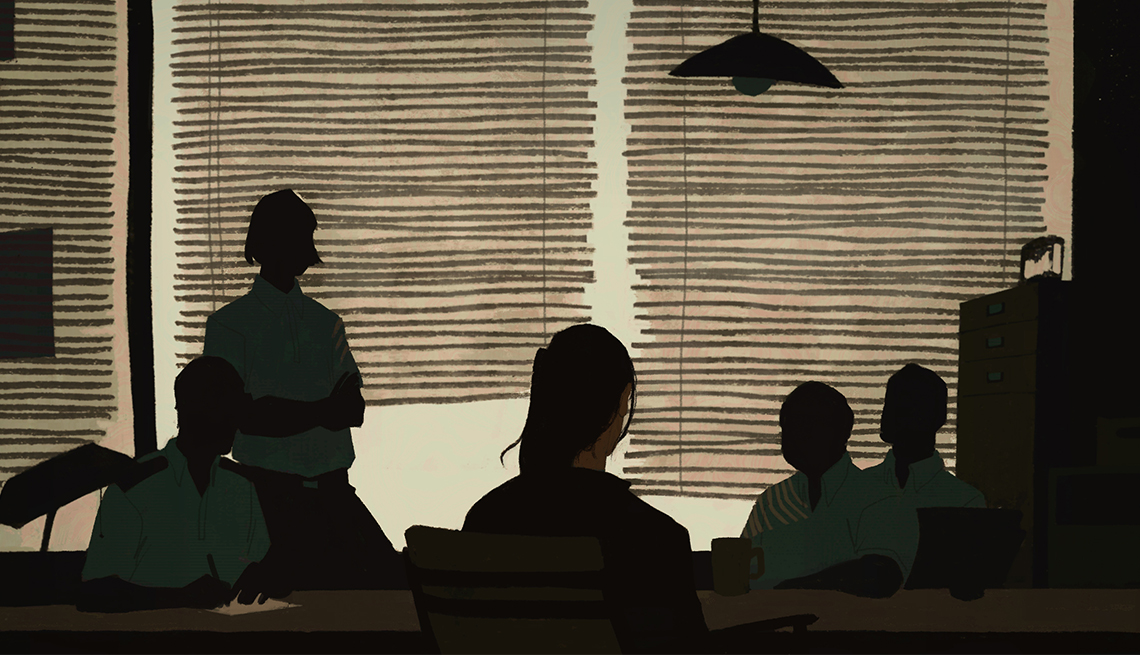
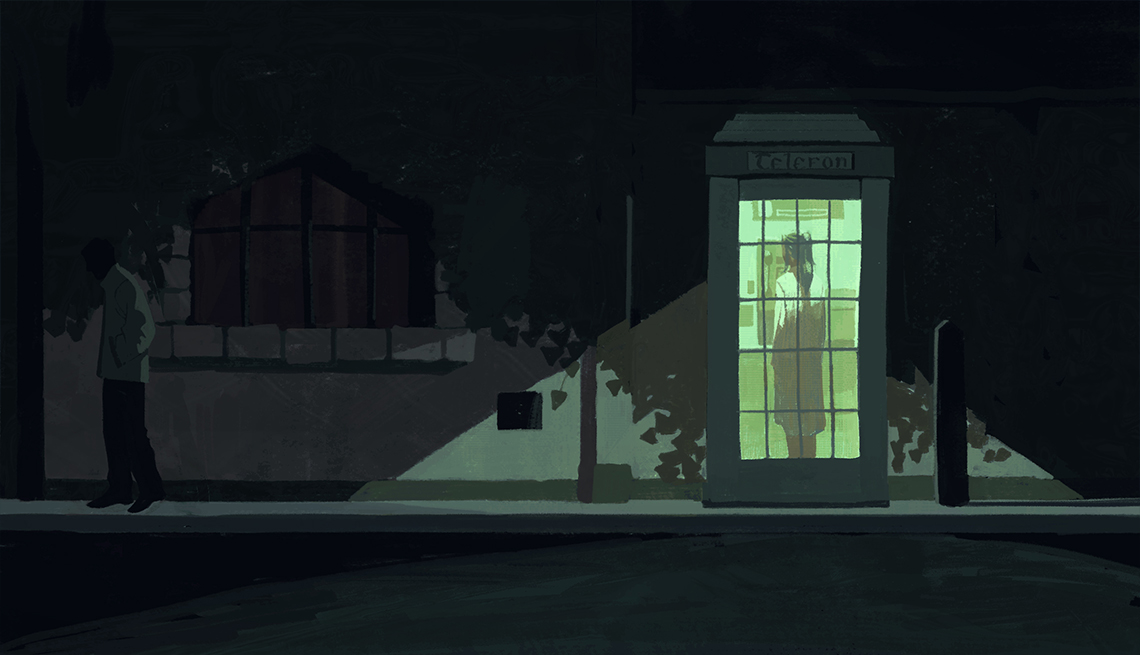
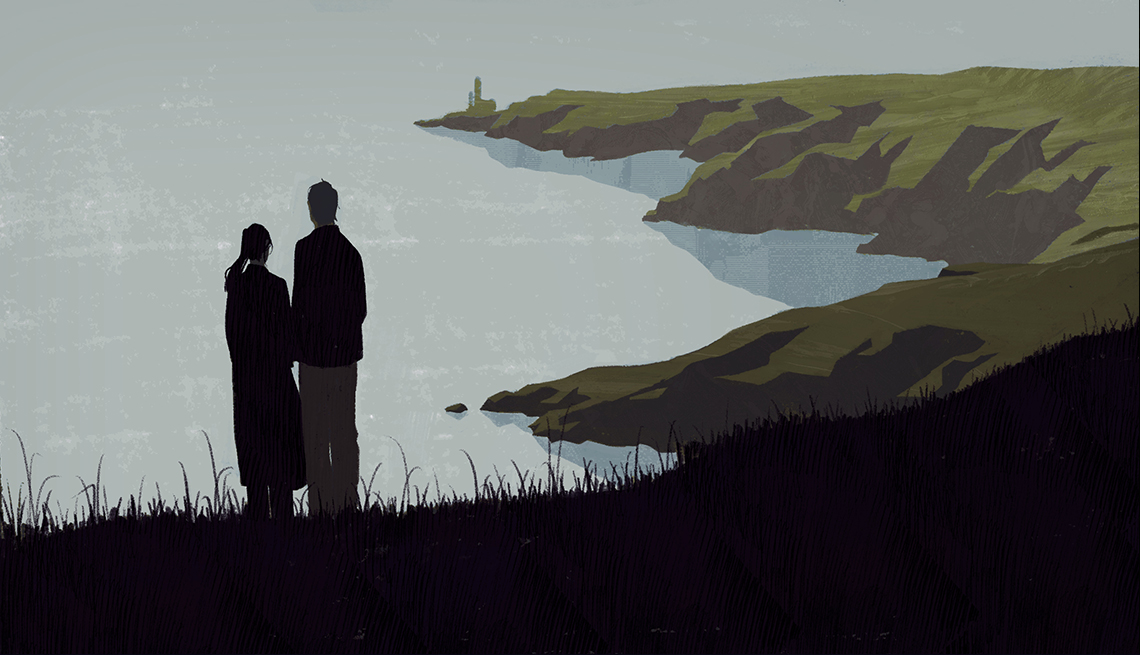
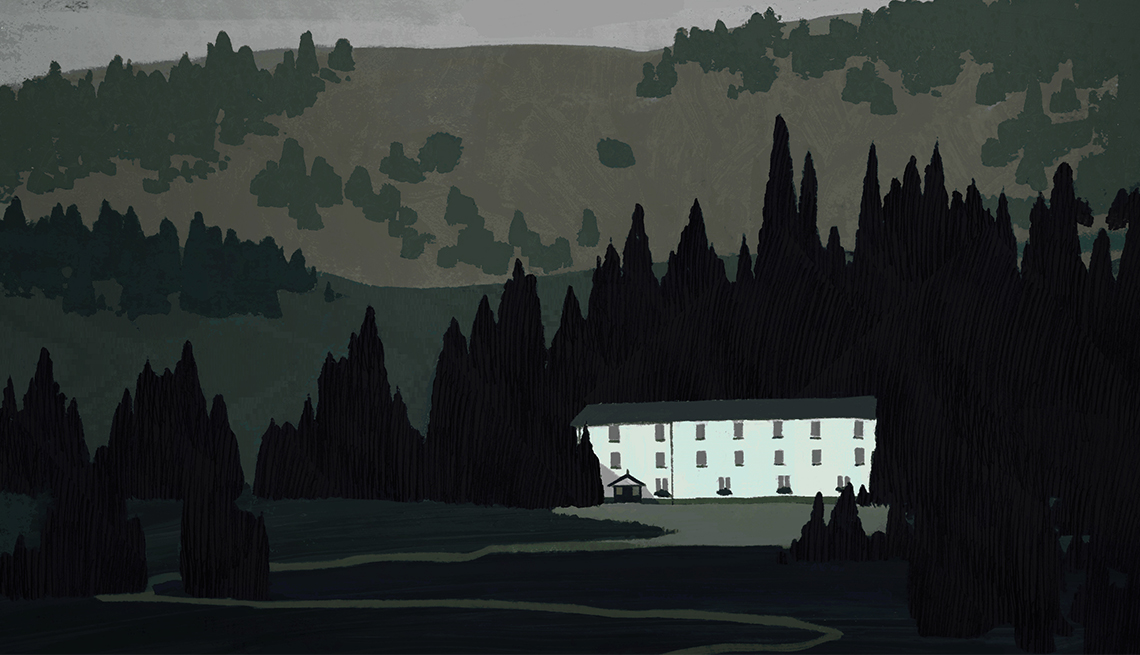
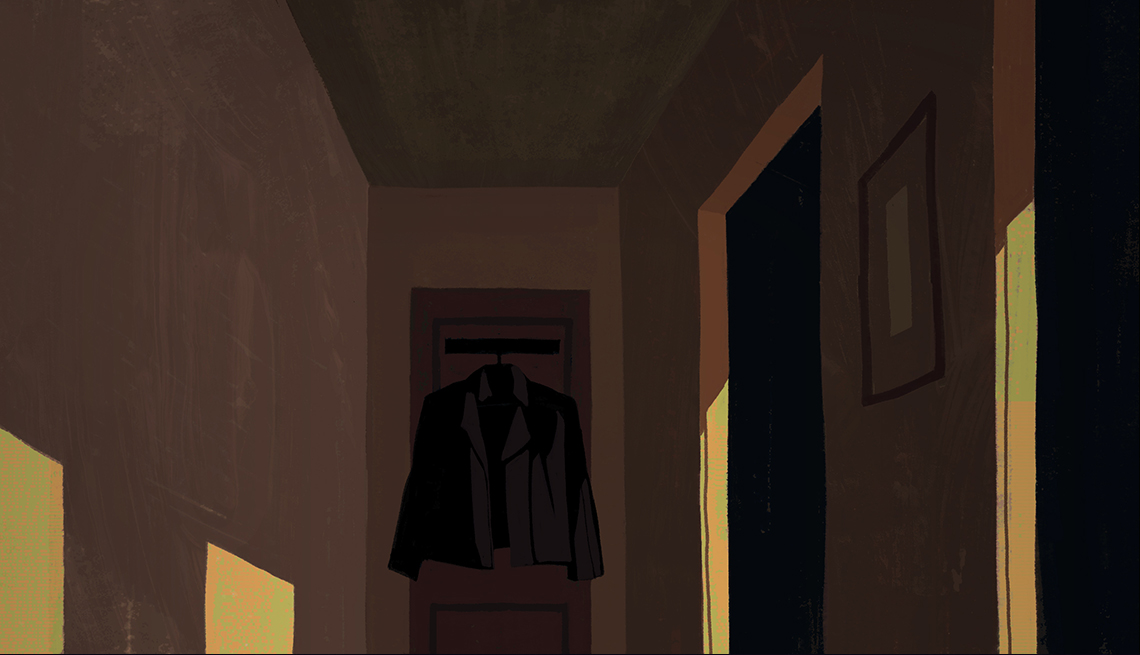
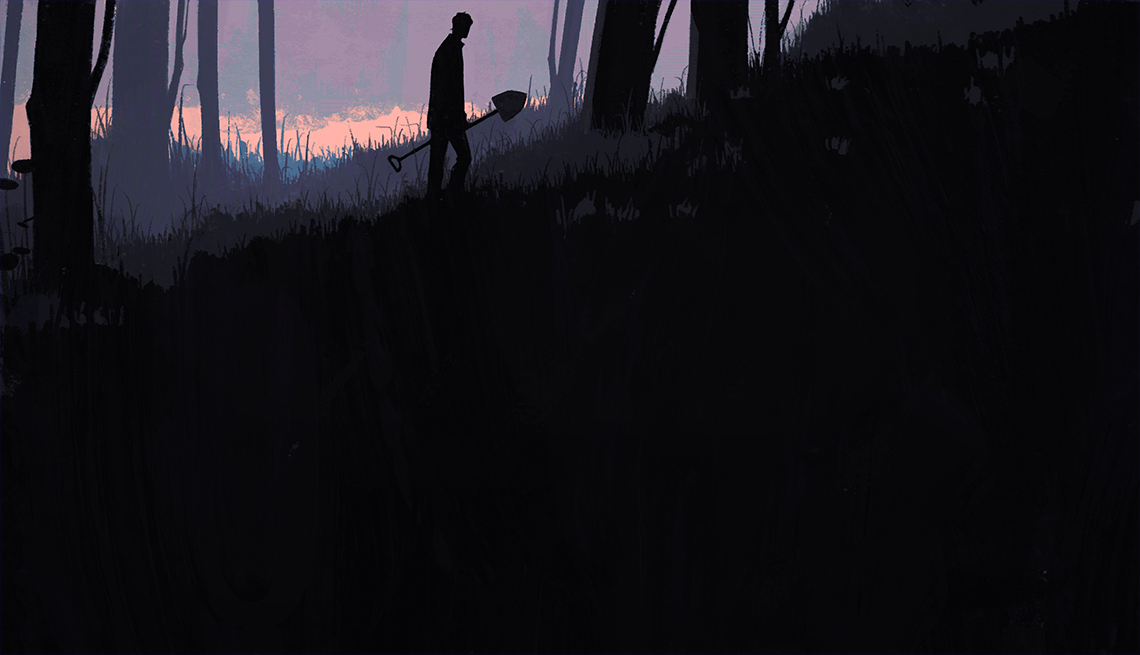
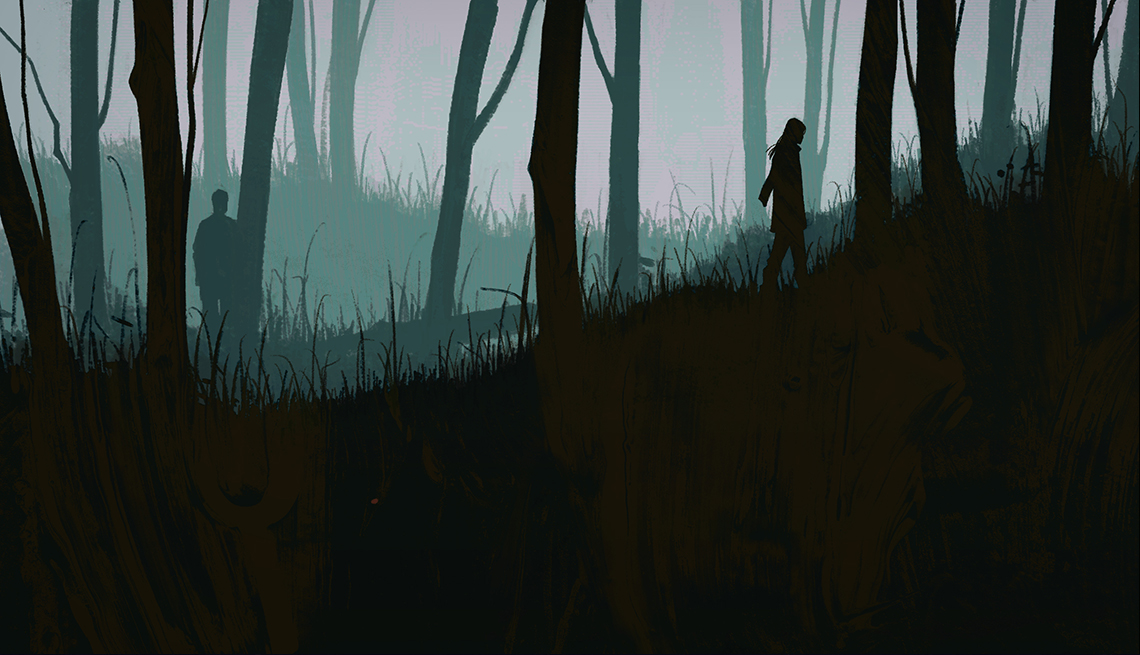
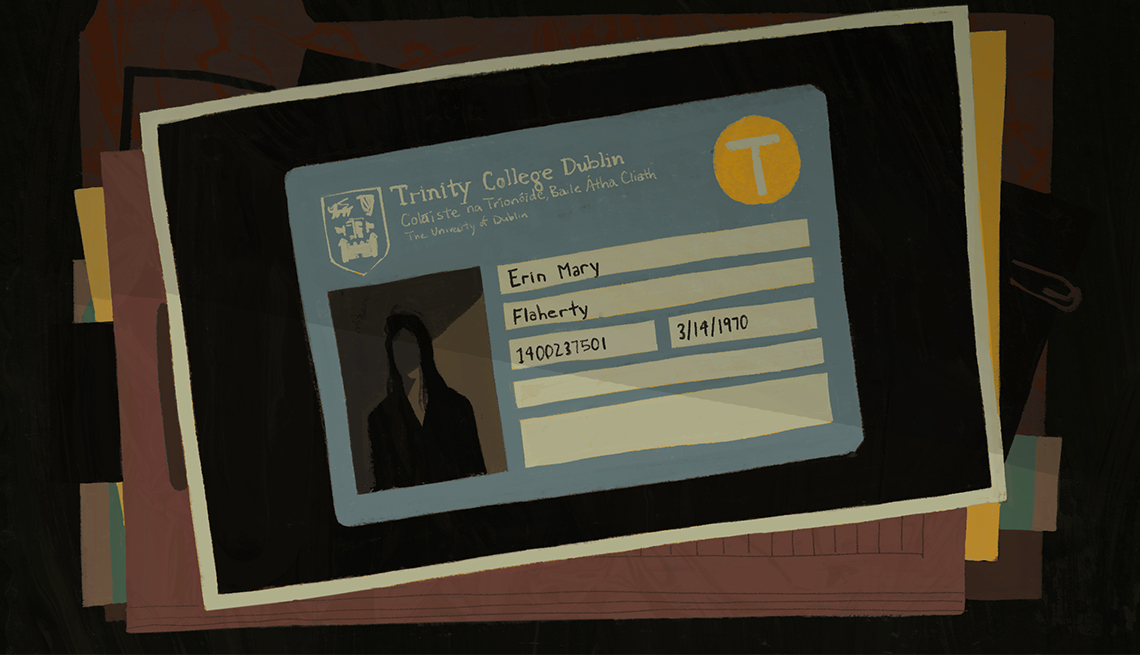
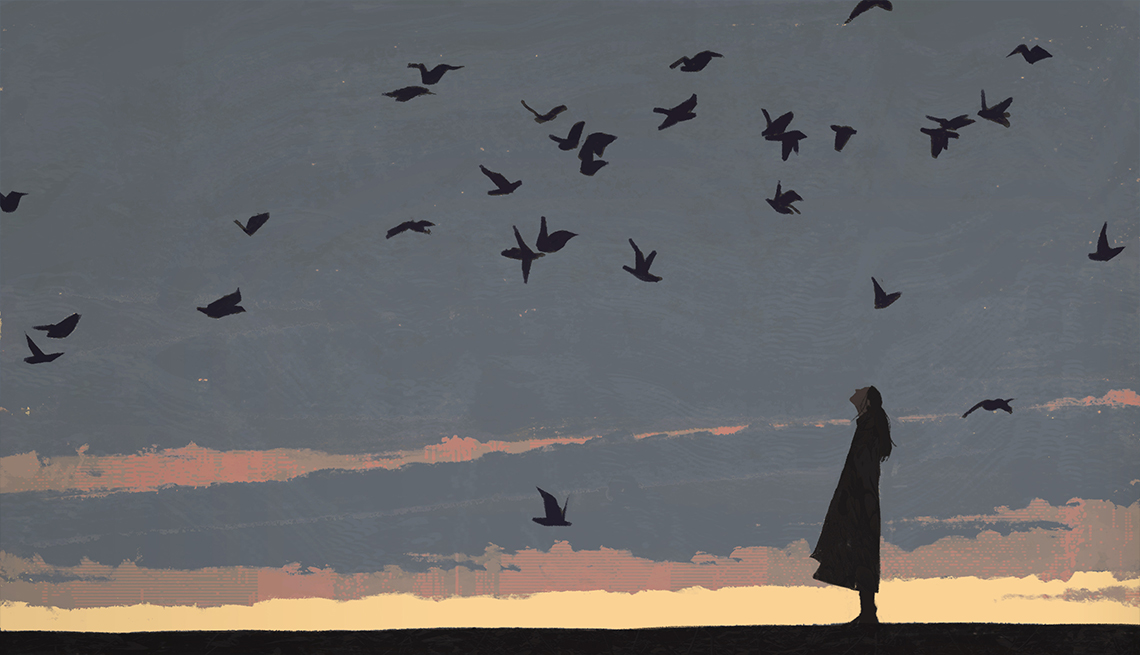
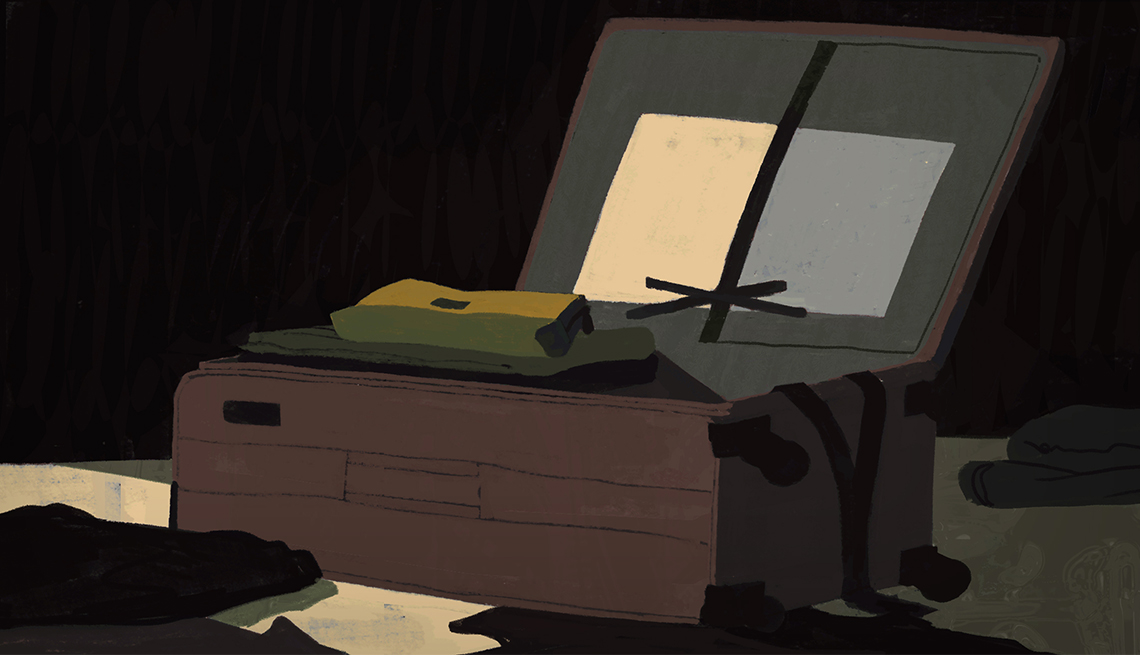
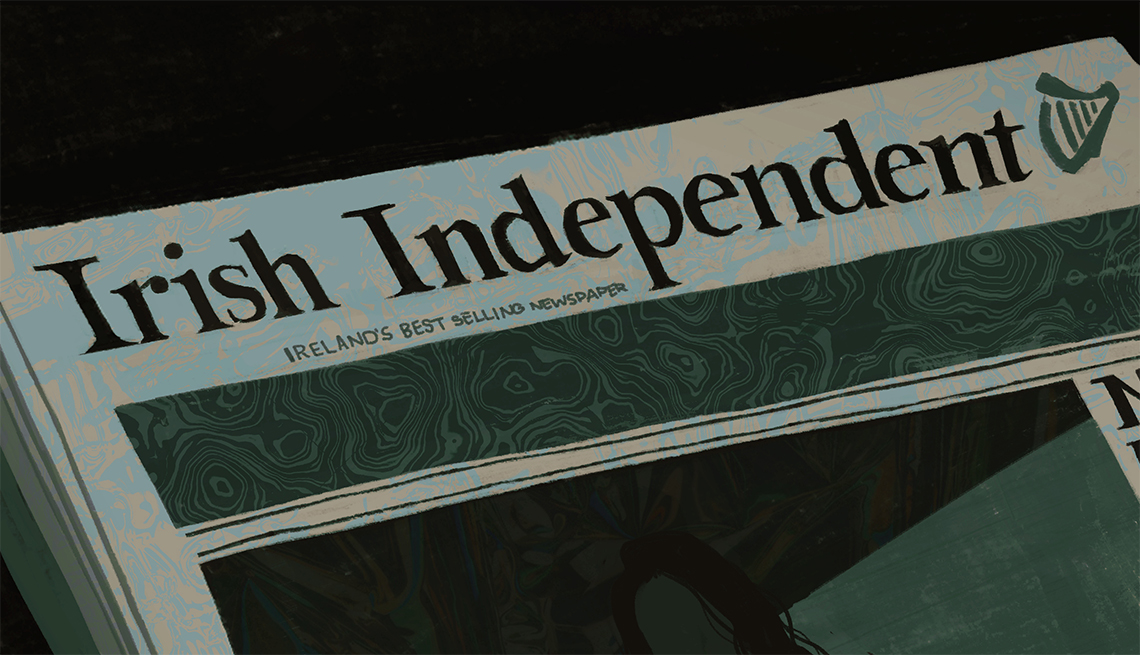
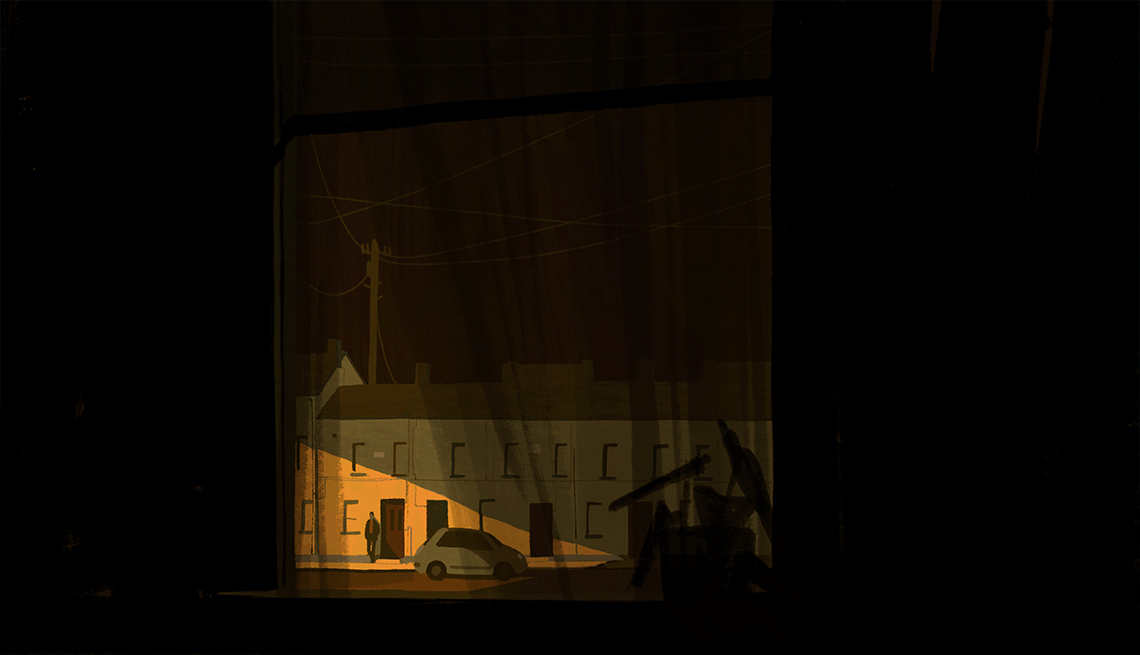
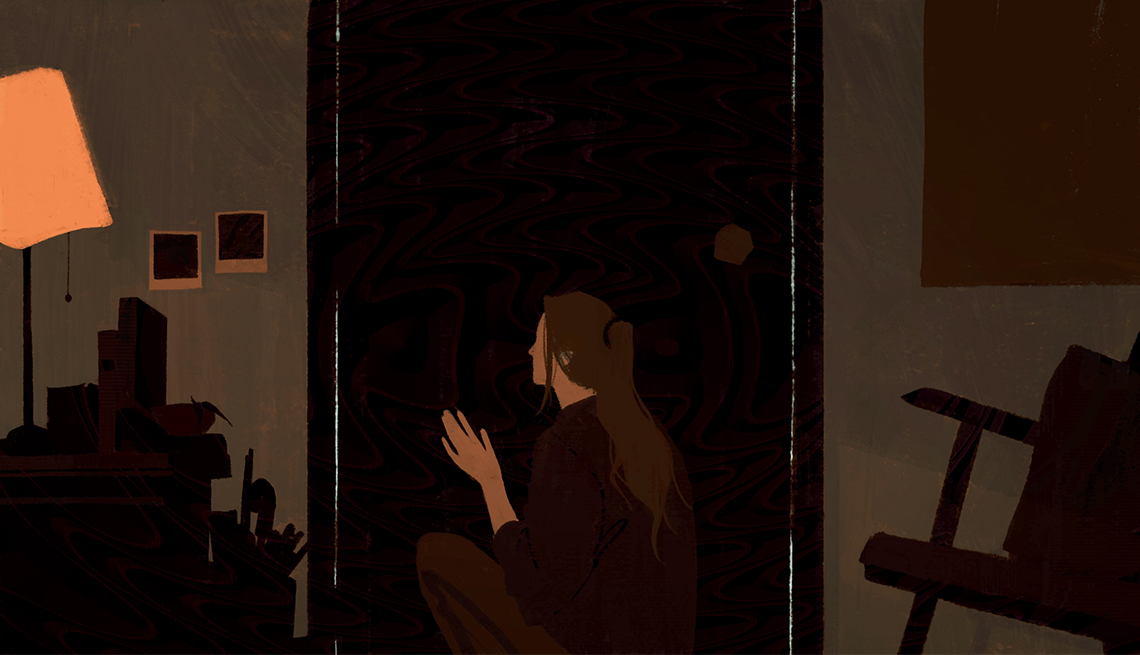
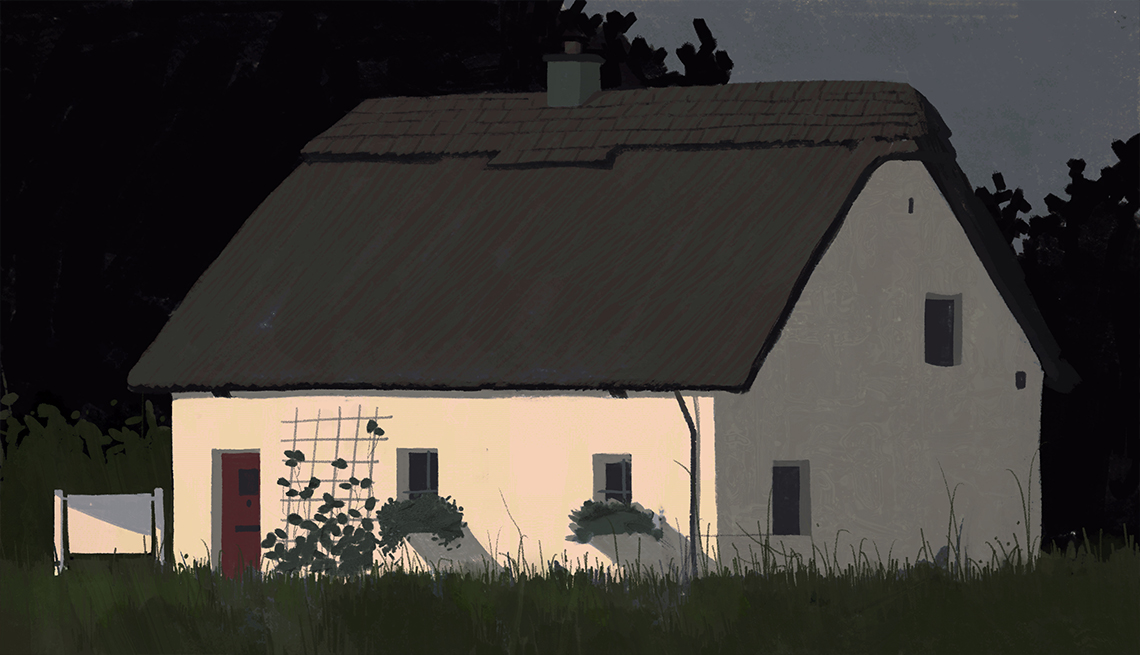
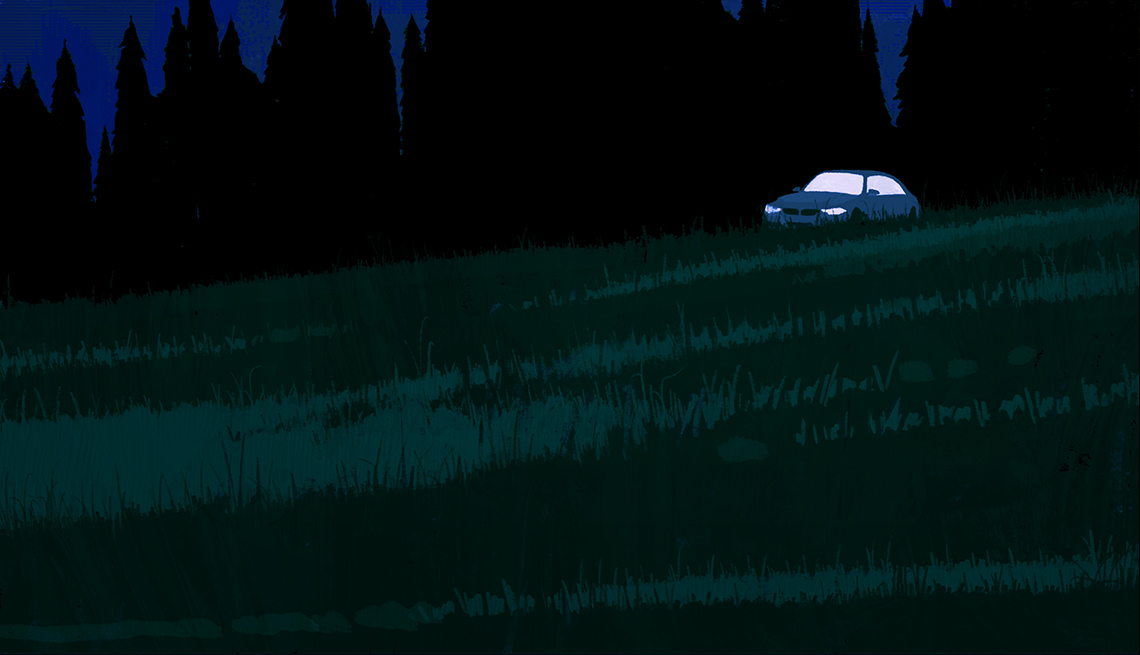
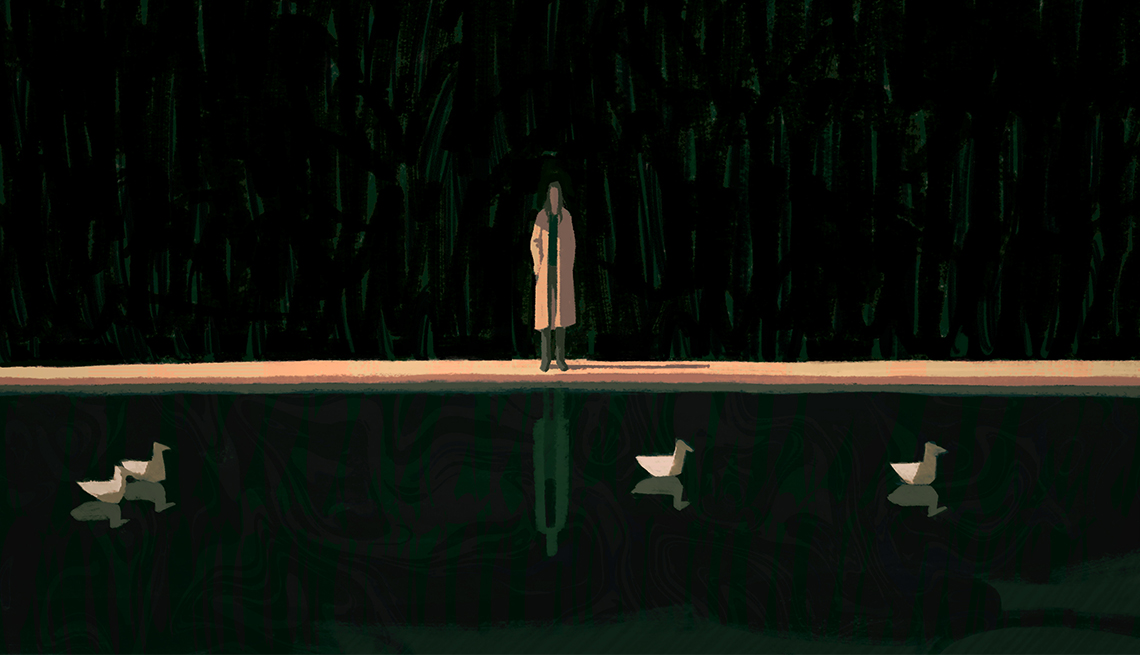
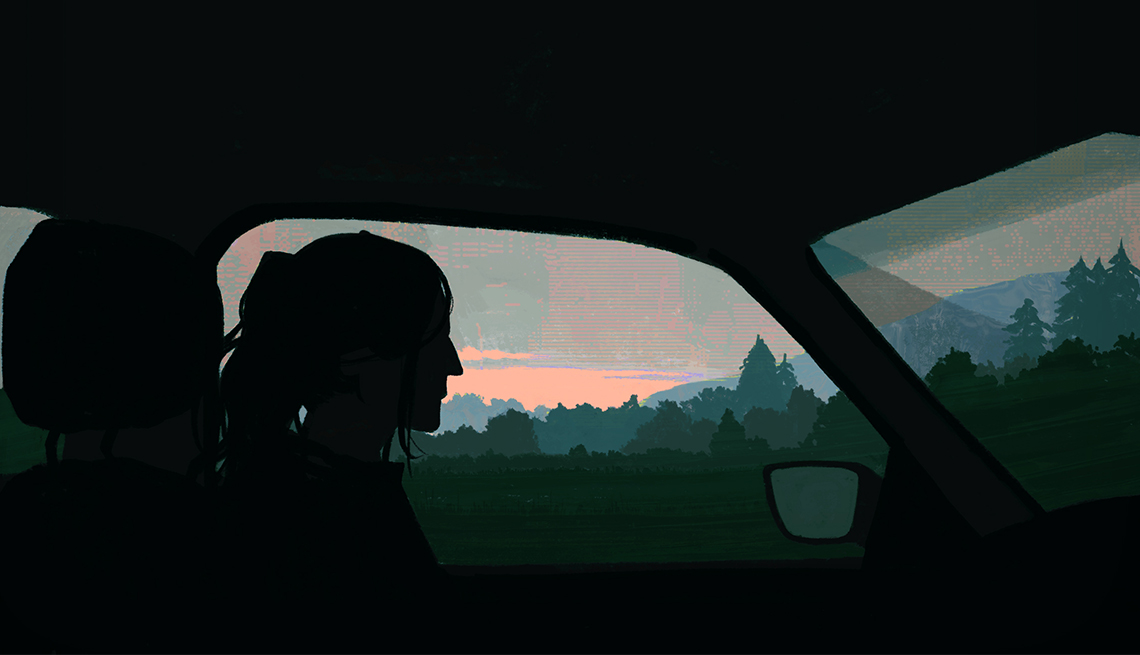
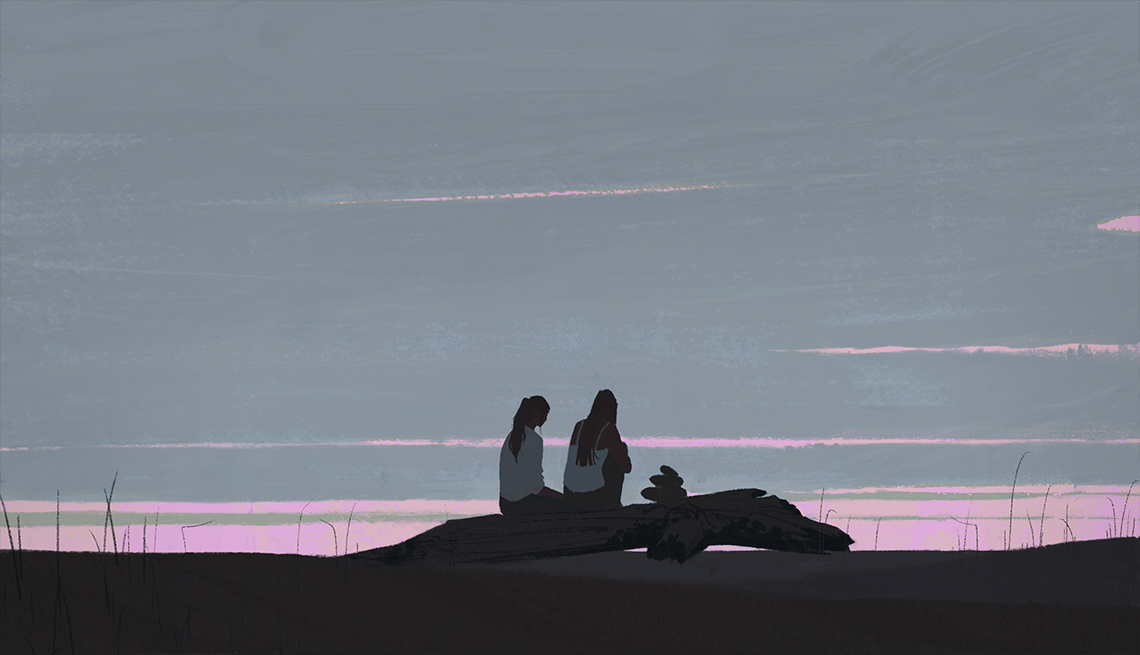
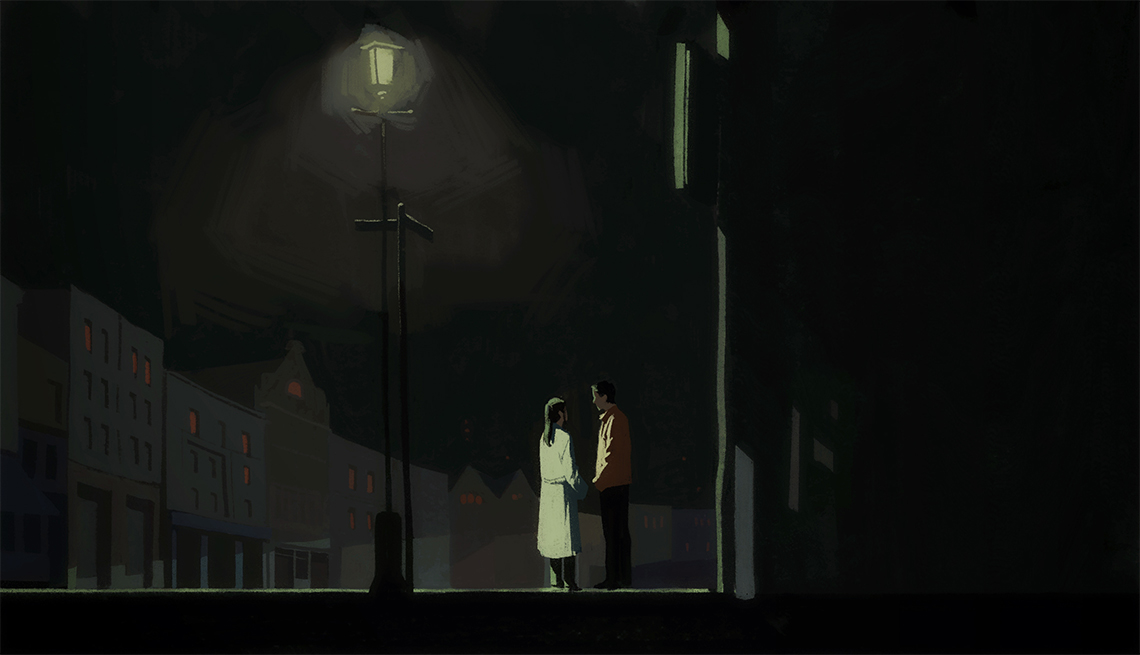
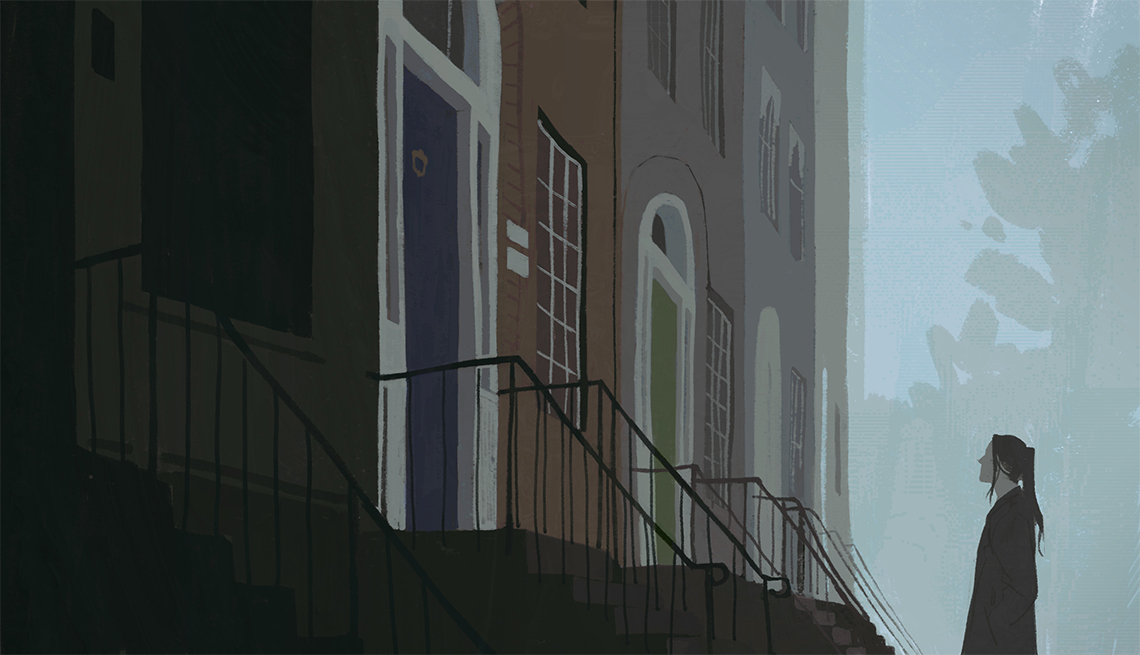
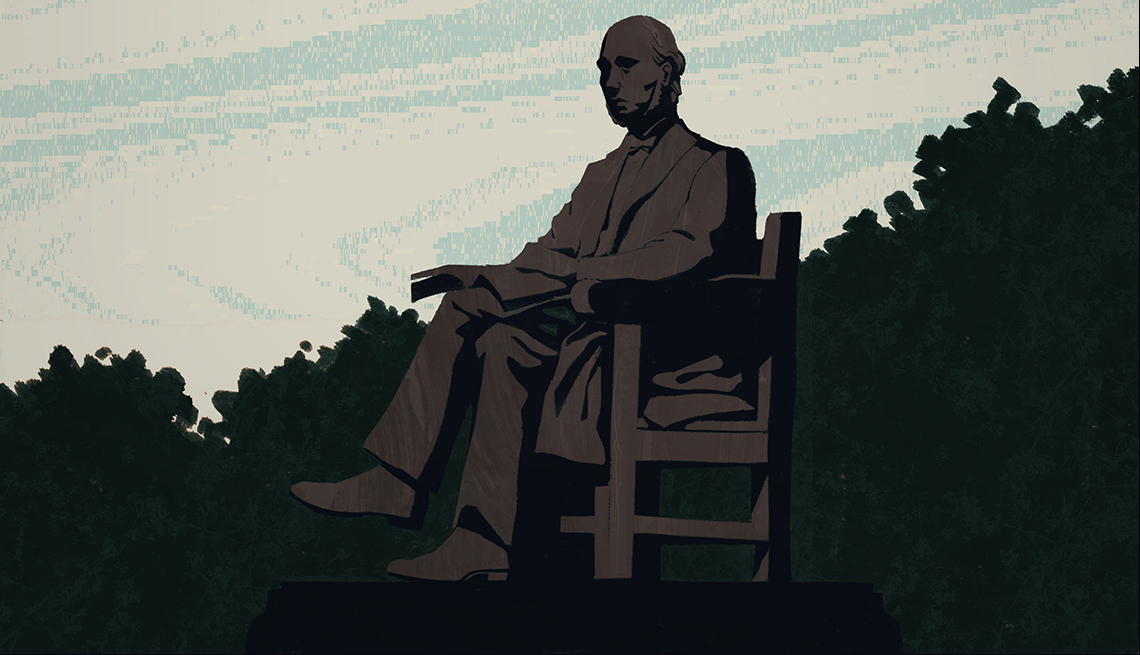
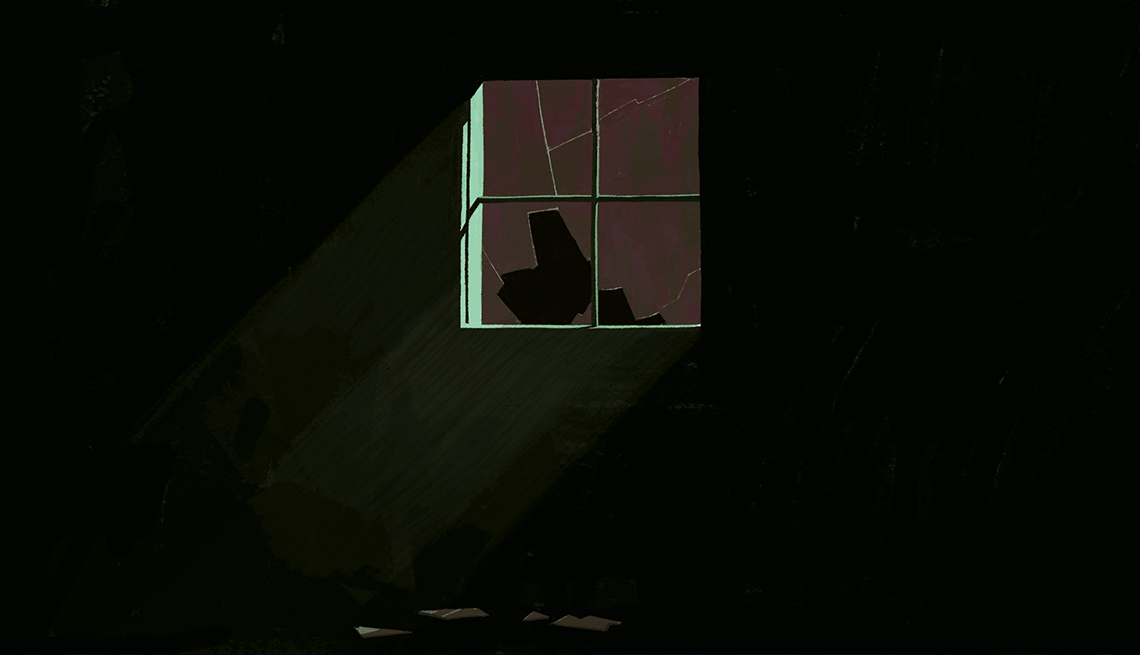
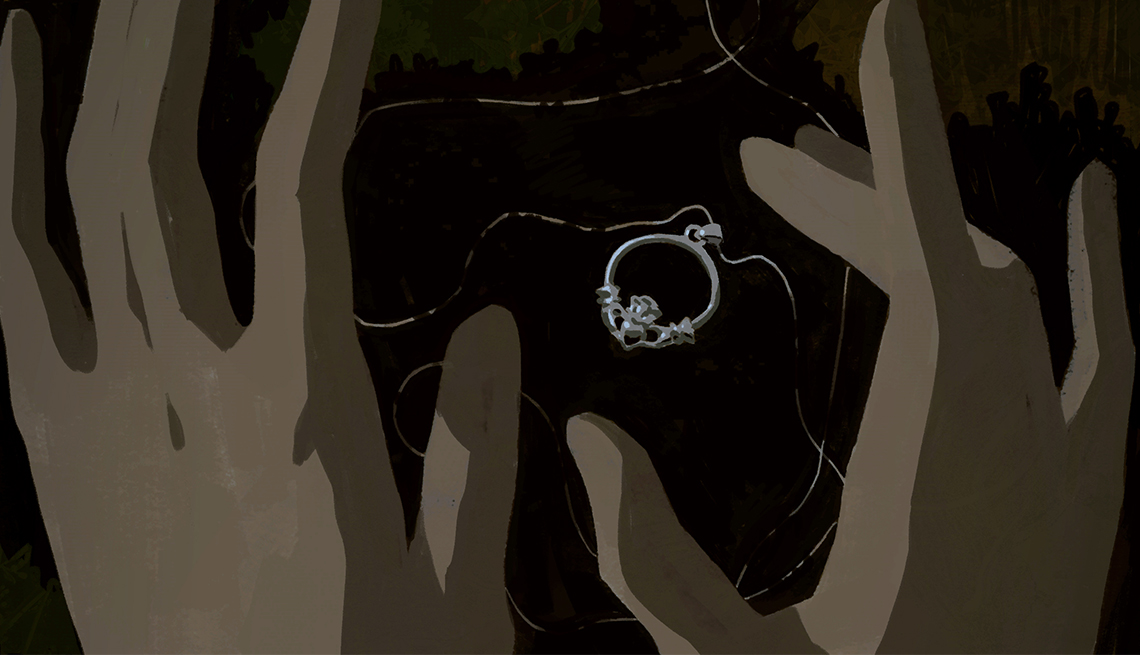
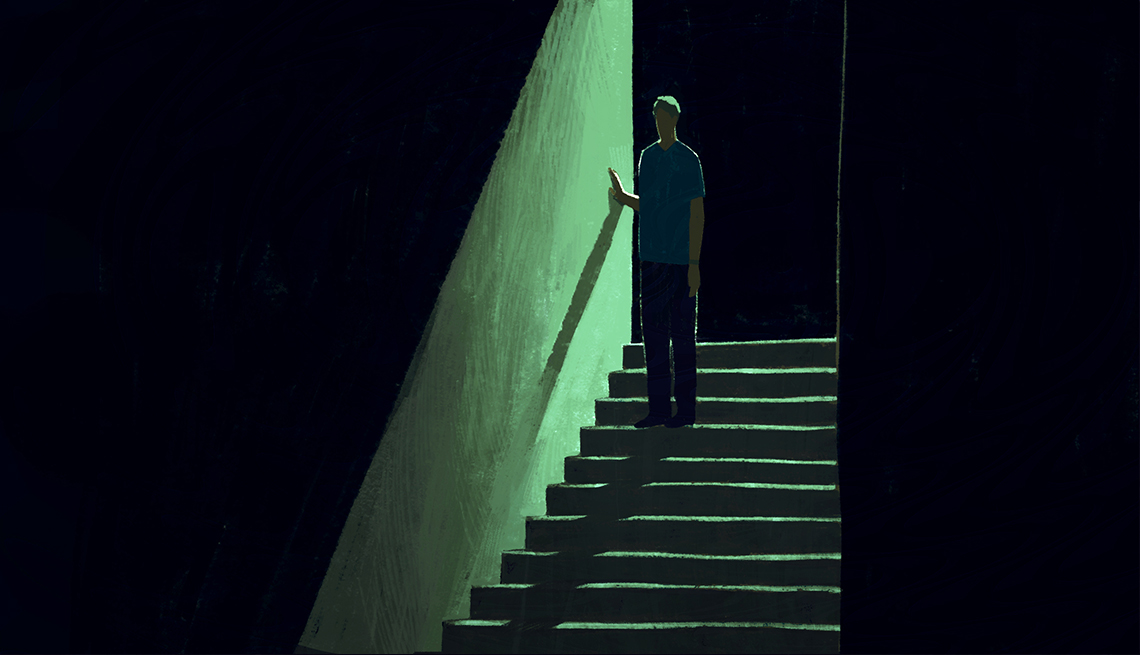
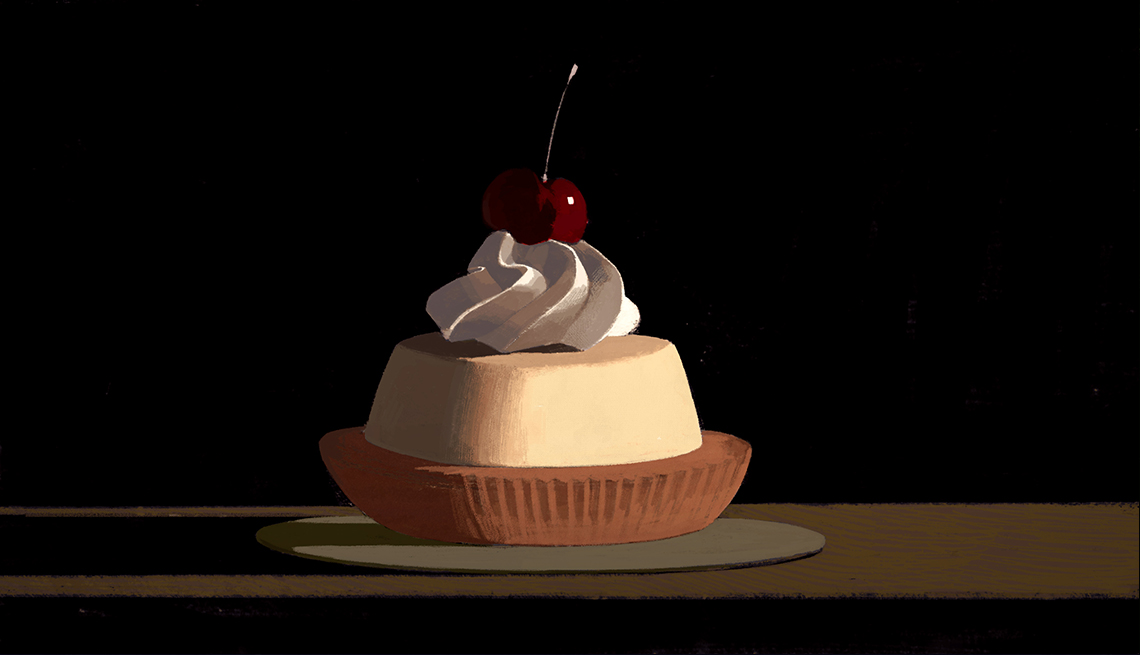



More From AARP
Free Books Online for Your Reading Pleasure
Gripping mysteries and other novels by popular authors available in their entirety for AARP members